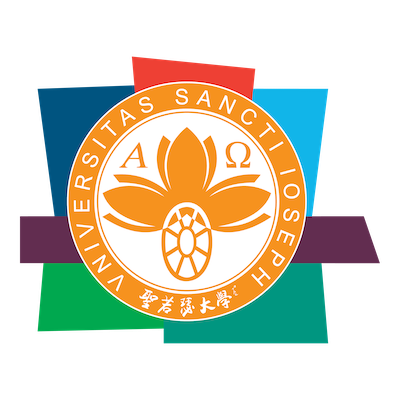University of Saint Joseph works to advance elderly health and wellness in Macau

Sponsored by

Sponsored by

Collaboration and interdisciplinary research play a vital role in promoting real-world solutions with global impact on health and well-being
Combining data and social science gives researchers a comprehensive understanding of wellness and empowers them to identify effective interventions, says George Du, Dean and Director of the Institute for Data Engineering and Sciences (IDEAS) at the University of Saint Joseph in Macau. “We live in an age of information explosion, and we need the tools to deal with this big data and extract value from it,” Du says.
The IDEAS acts as a central hub for data science at the University and contributes to fields like artificial intelligence, big data analytics, computer vision and predictive modelling. The institute’s primary aim is to utilise data to benefit society.
The Institute has established two joint laboratories. One focuses on smart health in partnership with Chinese electronics company Gree, and the other is a digital diagnosis laboratory with Zhejiang Chinese Medical University, which explores diagnosis and treatment for major brain diseases. “Both will focus on researching elderly healthcare using data science and artificial intelligence,” Du says.
Collaboration is integral to the University of Saint Joseph (USJ), and it encourages extensive cooperation among academics. Researchers actively pursue a transdisciplinary approach to promote the exchange of ideas and address complex problems.
For example, the IDEAS and the Macau Observatory for Social Development are combining their expertise to identify early-stage Alzheimer’s disease, which is the leading cause of dementia in older adults. “We combine data analysis with social and behavioural research to gain insights into the factors that influence health outcomes,” says Du.
Jacky Ho, Dean of the Faculty of Health Sciences and Director of the Macau Observatory for Social Development, is using his health science background to better understand the most insightful variables to collect. “How do we detect mild signs of cognitive decline early on before an official diagnosis of dementia?” he asks.
The observatory aims to monitor trends in society, whether in Macau and the Greater Bay Area or internationally, Ho says. Health is a broad spectrum, which includes physical, mental and social health, explains Ho. “We’re trying to find multilayered solutions that target individuals’ health and wellness.” Such solutions sometimes involve understanding why current interventions are not working. For example, health technology is often pushed as a way to improve well-being. But the Centre’s research has shown that many older people struggle to use new technologies and they have not adopted smartphones and other modern technologies into their lives. This highlights that policies can overlook certain sections of society.
The Observatory also investigates how the environment can impact health and well-being. “We look at the individual’s well-being from a holistic perspective, how they interact with their environment and their surroundings,” Ho says. “How does urban planning affect elderly populations in low-income areas? How does it affect their health now and in the future?” To answer these questions, the Observatory brings together experts in healthcare services, architectural design, urban planning and other specialisations. The Observatory‘s core mission is to conduct research that can translate into forming pragmatic solutions to serve the community, improving the quality of life and wellbeing of individuals.
The Observatory is looking to plan more longitudinal studies to collect data that can be shared with other stakeholders. The IDEAS aims to engage in more interdisciplinary research which is “essential in advancing scientific understanding and making positive impacts on wellness and health”, says Du.
Find out more about the University of Saint Joseph.